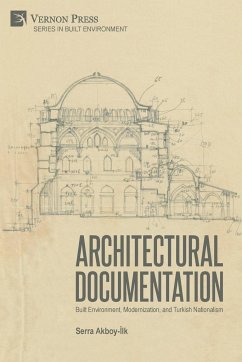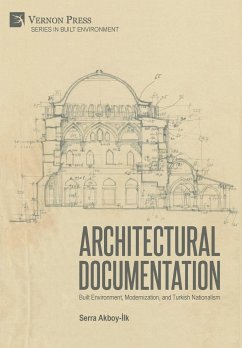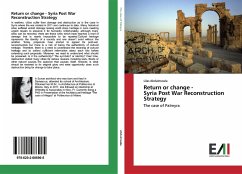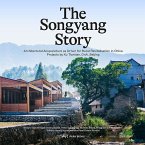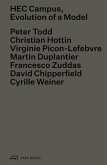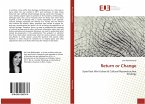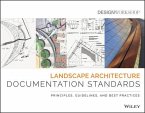Against the backdrop of building a new country, this study explores and evaluates the documentation culture in early republican Turkey. Having fought the Turkish War of Independence (1919-22) against the Allied Powers, the revolutionaries led by legendary leader Mustafa Kemal Atatürk (1881-1938) came to engage with the idea of the West and its cultural origin. With the proclamation of the Republic of Turkey in 1923, the constitution abolished the 600-year-old Ottoman Empire including the dynastic cultural, economic, educational, and governmental institutions. In the redemption of the nation within the modern history of civilizations, cultural Westernization and technical modernization became the model for the newly found nation-state. While the new country became the subject of reformation, historic architecture was called upon to grant the aura of a glorious past to the Turks. Through the materialization of 'Türk Tarih Tezi' (the Turkish History Thesis), the founding leaders focused on the origin of Turks and the everlasting spirit of the Turkish state. In this pursuit, architectural heritage signified the formative power to represent the past. Supported by state-agencies, scholars, with supreme patriotic zeal and diligence, travelled across the remotest corners of the country to document and study the historic architecture of the nation. To date, the complicated question of a national identity embodied in the built environment has dominated the contemporary scholarship on early republican historiography. Akboy-I¿lk's study, however, distinguishes itself with its focus on architectural documentation, which became an agent of history-writing in the early years of the nation state. Curated by the ideologies of the state, the formal documentation findings extensively informed the republican plot of the modern progress of Turks. For scholars interested in a closer reading of the crossing boundaries between architectural heritage and nation-building in the case of the modernization of Turkey, this book is revealing and provocative in bringing forward architectural documentation, a remarkably overlooked subject in studies of the area.
Hinweis: Dieser Artikel kann nur an eine deutsche Lieferadresse ausgeliefert werden.
Hinweis: Dieser Artikel kann nur an eine deutsche Lieferadresse ausgeliefert werden.

